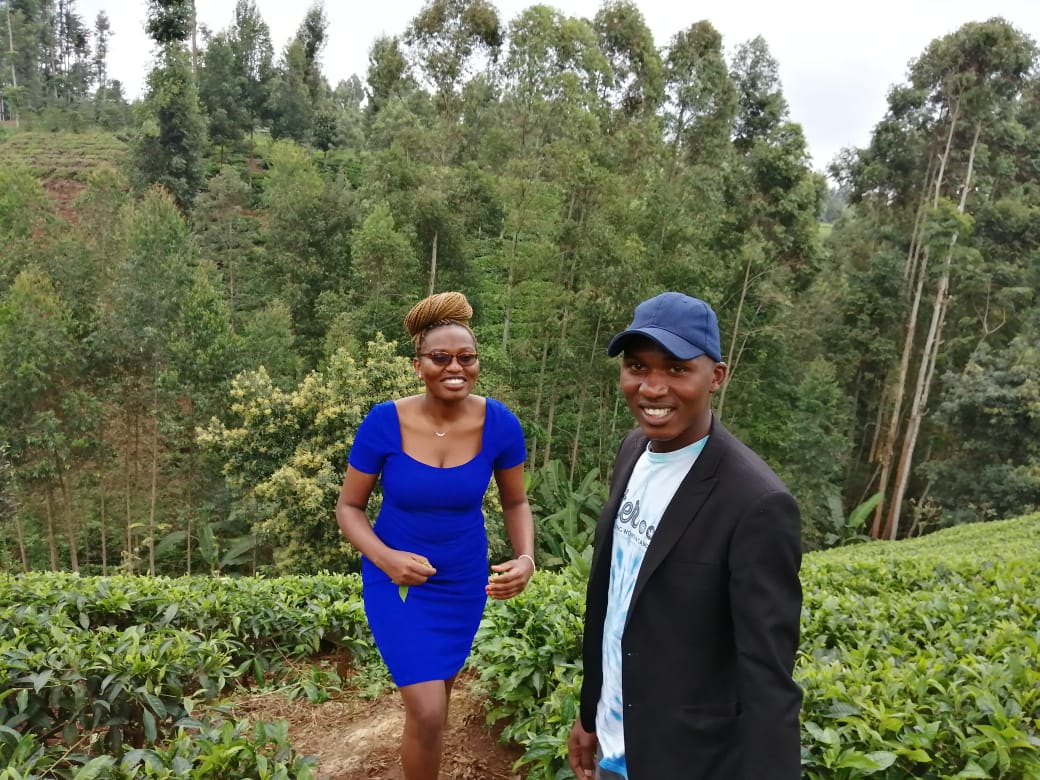
Closing the ‘skills gap’: A Chinese scholarship’s impact in rural Kenya

Harriet Kariuki’s education was jump-started by tea. Sales of the crop, which dominate the fields near her home in Kenya’s Kirinyaga county, helped fund her schooling. It was the start of a learning saga that would lead her to Harvard University in the United States and Peking University in China, the land where the plant originated. She was one of a select few who enjoyed an all-expenses-paid scholarship to the prestigious school in the Chinese capital, courtesy of the country’s Ministry of Education.
The journey overseas was driven, in part, by a burning desire to gain fresh perspectives on the pressing questions facing her homeland. “What is the position of Africa when it comes to global politics? What is the position of Africa when it comes to the global value chain?” “One of the first things I did”, Harriet tells us, “is I started looking East.”
Arriving in Beijing and seeing the dramatic transformation the country had achieved in the decades since its liberation sparked new questions altogether. “How exactly did China become China and pull people out of poverty,” Harriet wanted to know. “How exactly did Chinese cities start from villages to cities?”
Her quest for knowledge yielded a Masters’ degree in Chinese economics and financial systems. But unlike many of her compatriots who venture overseas to pursue their studies, Harriet was determined to return home, convinced her new-found learning could be of use to her country, in more ways than one.”
Harriet’s own parents were among the earliest beneficiaries. “She came back with a lot of information on China that has helped us with our agricultural work,” says her father Anthony, standing on a hillside blanketed with neat rows of the plant that helped put his children through school. “She has even taught us how we can expand our chicken farm and source machinery from China for incubating eggs.”
Harriet’s newly acquired skills didn’t fail to catch the notice of her younger brother Nicholas, either. Having entered university in Nairobi himself, the young student has decided to enroll in Chinese language classes at one of the city’s Confucius Institutes.
In afternoon light of the family’s farmhouse, Nicholas practices his newly-learnt characters with a studied concentration. “I think Chinese is a very good language,” he tells us. “It has given me several opportunities.”
But Harriet’s commitment to bringing home knowledge acquired abroad is not limited to a single family or village. In Part II of our series, we explore how the returnee is dedicating herself ensuring the skills Africans acquire overseas can be wielded for the benefit of the continent itself.






